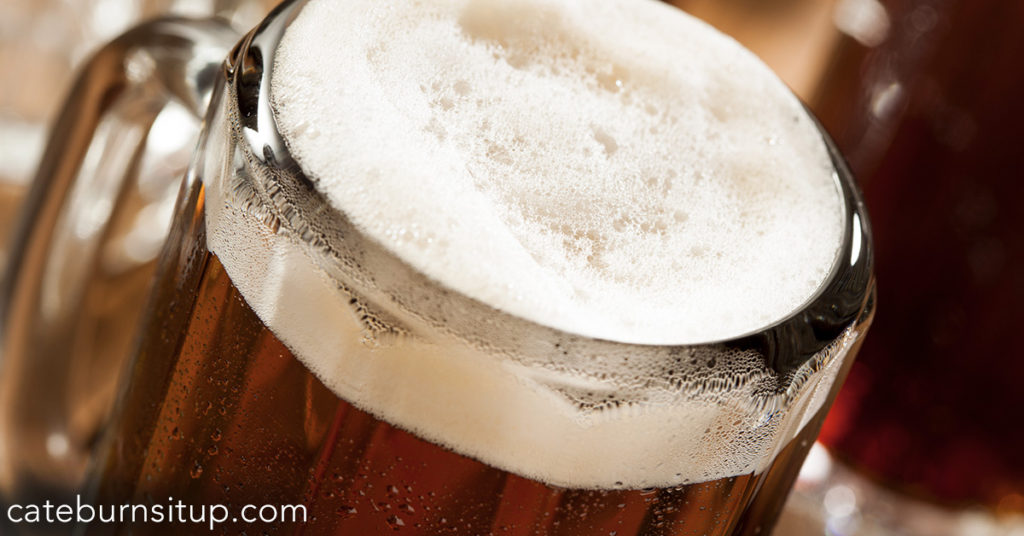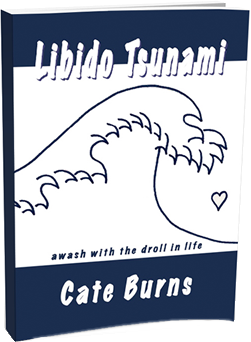Here’s To Beer

In childhood, I believed all basements smelled like hops. As I descended the long, narrow stairs into our damp underworld for chores – washing clothes, turning on our cranky furnace whose upstairs thermostat rarely worked – or play – roller skating or a game of tag amidst piles of old furniture, mysterious boxes and aromatic barrels – the musty and earthy smell of brewing beer was a natural backdrop.
After he had mastered a good pale ale he could swig and share with others, Dad embarked on a new challenge: root beer. “It’s only fair,” he laughed, “that the kids have beer too.” On the days a new batch of soda was born, we three hollering children, my sisters and I, pounded down the basement stairs, delirious with joy, savoring a sweet odor overlaying the usual bitter hops. In the 1950s, Coke, Pepsi and 7-Up weren’t omnipresent like they are today. Sodas were a rare treat. And suddenly we could have them at home, fresh from the basement, like Christmas six times a year.
As an adult, I became an embarrassment to my German and Swiss heritage, for I never developed a taste for beer. Inexplicable, since my brain and body sensory systems had been saturated with hops’ molecules since babyhood. Nonetheless, beer culture prevailed in my family. With my son and his friends and with family members, I heard many discussions about the pros and cons of various beers, as I watched them try this flavor and that one. I remained outside the loop.
But I wanted to join their camaraderie. I kept thinking that beer must be delicious and perhaps, at long last, I might like a new micro-brewery flavor. This seemed logical. Children didn’t like beer, but most adults did. Therefore, some day, when I “grew up” I would appreciate beer.
Either, like Peter Pan, I never “grew up,” or my taste buds suffered a retarded maturation process. Decade after decade, I fully expected to wake up one day loving beer. I didn’t give up. Any day, my palate might become seasoned. I wistfully sipped samples my son offered me and I almost liked a Belgian pale ale. My hopes soared, but, truth be told, I gagged at the thought of drinking a bottle.
Looking on the bright side, genetic mutations are nature’s way of improving the species. My anti-beer gene may be the start of something better. I wonder what.

Cate Burns is the author of Libido Tsunami: Awash with the Droll in Life, in which she unearths the ludicrous in the emotional live traps surrounding us — in families, friends and disastrous romances. Get it on Amazon today.
